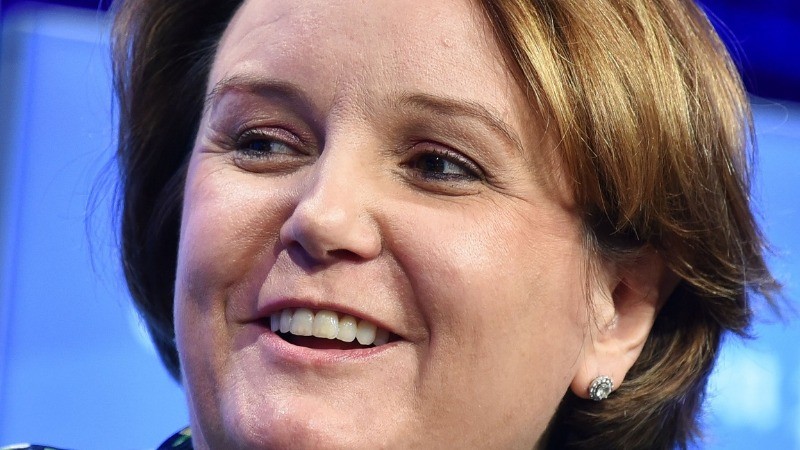
US President-elect Donald Trump announced his nomination of Gail Slater as Assistant Attorney General for the Department of Justice's Antitrust Division, signaling that his administration will continue to focus on scrutinizing major technology companies.
In a social media post, Trump stated, "Big Tech has run wild for years, stifling competition in our most innovative sector." This nomination hints at the possibility that the aggressive antitrust approach seen under President Joe Biden may persist under Trump's leadership.
Slater, who has an extensive background in both government and the private sector, previously worked at the Federal Trade Commission, Trump's National Economic Council, and as an advisor to Vice President-elect J.D. Vance. Her career also includes roles at Fox Media, Roku, and the Internet Association, a Washington-based lobbying group for internet companies.
If confirmed, Slater would inherit several significant antitrust cases targeting tech giants such as Amazon, Apple, and Meta. The Justice Department currently shares five active cases with the Federal Trade Commission (FTC), which has been criticized by some in Silicon Valley for its aggressive stance on blocking tech company acquisitions. FTC Chairwoman Lina Khan has received both support and opposition for her efforts to address monopolization concerns and censorship in the tech industry.
Vance, who has ties to Silicon Valley, has expressed support for Khan's policies, indicating potential alignment in the Trump administration's approach to regulating Big Tech.
Slater's leadership could shape how these cases proceed, including the option of continuing litigation, seeking settlements, or dropping cases entirely. Industry experts, such as Adam Kovacevich, CEO of the Chamber of Progress, suggest that while the overall focus on Big Tech antitrust cases is unlikely to change, there could be shifts in the strategy used.
Antitrust expert Matt Stoller sees Slater's nomination as a clear message that Trump intends to challenge Big Tech aggressively. The DOJ's Antitrust Division, under current head Jonathan Kanter, recently won a landmark case against Google, which is now facing the possibility of being forced to divest its dominant Chrome browser. A federal judge is expected to rule on the matter in the coming months.